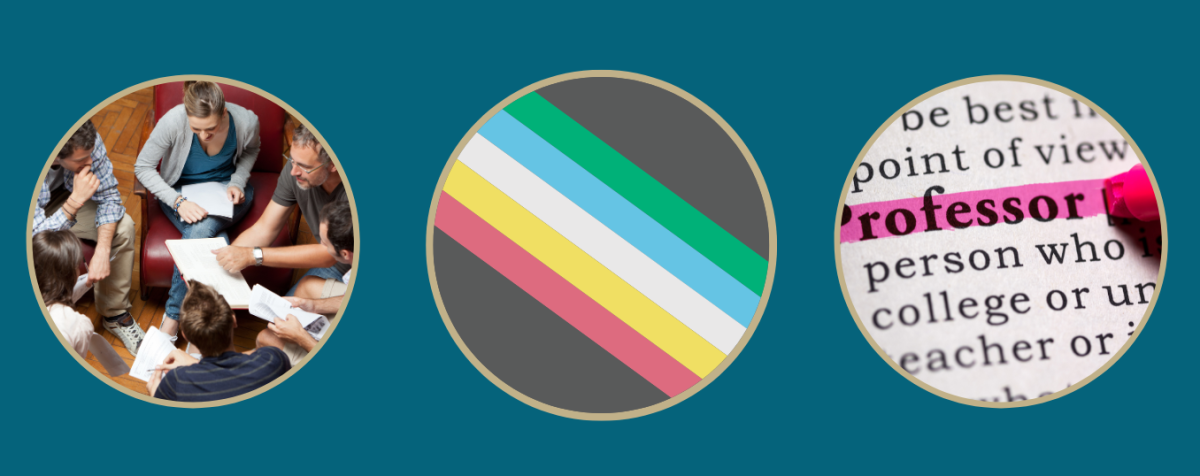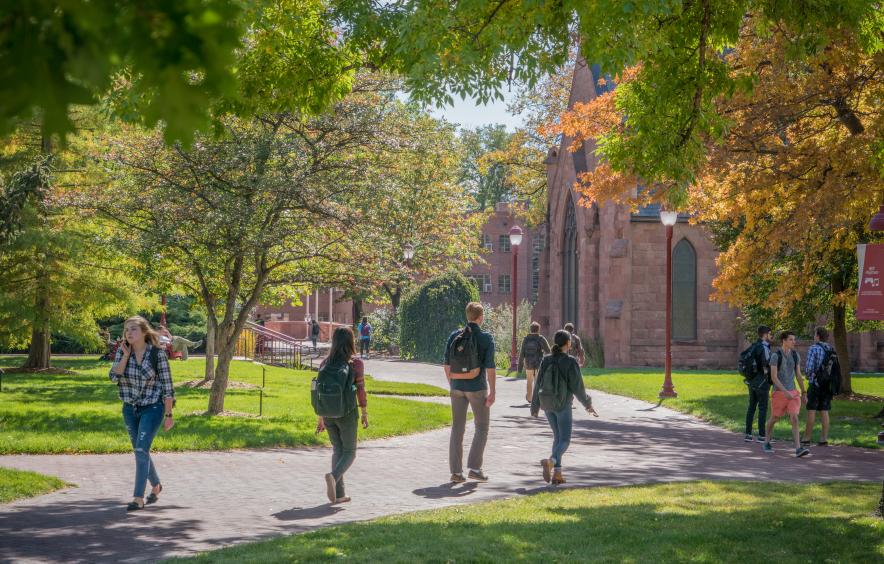Faculty Resources
This page offers helpful DU resources, guidelines, and FAQs about working with and teaching students with disabilities. If you need help finding a resource that isn't listed here, or just have questions, don't hesitate to contact SDS during normal business hours at 303-871-3241 or SDS@du.edu any time. We'd love to hear from you and help you support students at the University of Denver.
Who do I Contact for...?
Questions about Implementing Accommodations: Hanna Lewis, Director of SDS
- Email: Hanna.lewis@du.edu
- Phone: 303-871-7432
Testing Accommodation Questions: SDS Testing Center
- Email: SDS.testing@du.edu
Assistive Technology my Students are Using: SDS AT Lab
- Email: SDS.at@du.edu
- Phone: 303-871-3645
Creating Accessible Course Content: SDS AT Lab
- Email: sds.at@du.edu
- Phone: 303-871-3645
I am concerned about a student: Student Outreach and Support
- For emergencies, immediately dial 9-1-1 and then Campus Safety at 303-871-3000. If dialing from a campus phone, press 1-3000 for Campus Safety. Emergencies include any immediate risk to life, health or property.
- Email: SOS@du.edu
- Submit a Referral
I need accommodations as an employee: Joshua Kaufman, DU ADA Coordinator
- Email: Joshua.Kaufman@du.edu
- Phone: 303-871-7726
Other Resources
DU Office of Teaching & Learning
The Office of Teaching & Learning (OTL) provides professional development opportunities to improve teaching practices for new and experienced faculty members, develops and supports state-of-the-art technology and web-based applications that enhance student learning, and collaborates with faculty on innovative teaching projects. We encourage you to collaborate with OTL to enhance design for students of all learning styles.

